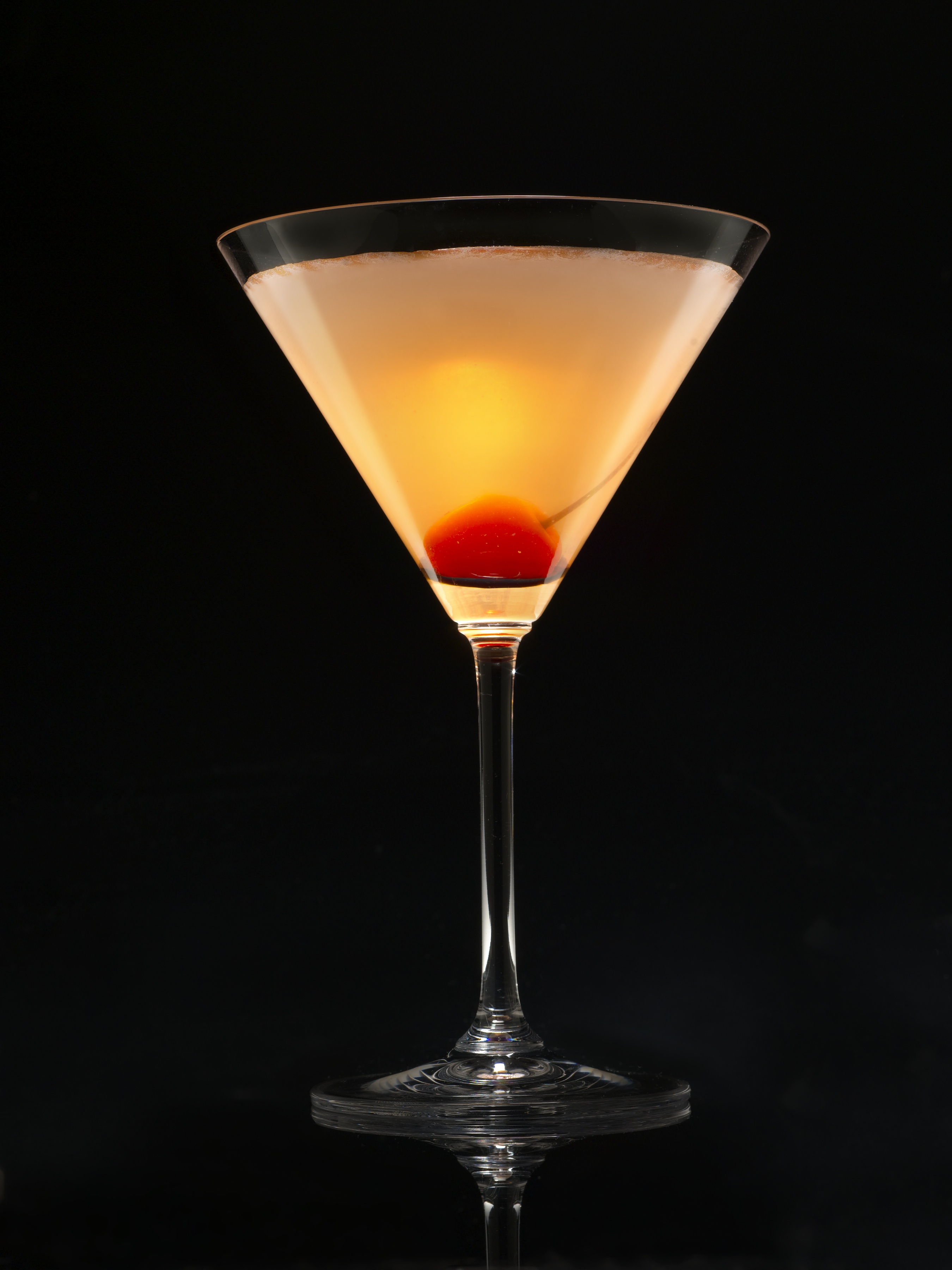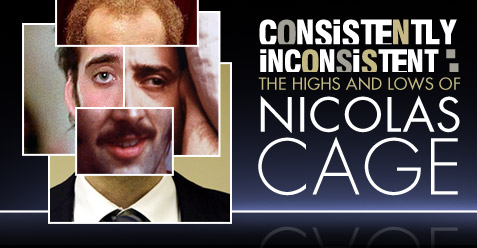Drink of the Week: Bram Stoker’s Capitan
 Halloween this year is a bit awkwardly placed, arriving next Thursday and forcing me to do my annual spooky-themed cocktail a bit too early for true relevance. I suppose people who throw Halloween parties are having the same kind of issue, having to decide whether to throw their soirees the weekend before or the weekend after.
Halloween this year is a bit awkwardly placed, arriving next Thursday and forcing me to do my annual spooky-themed cocktail a bit too early for true relevance. I suppose people who throw Halloween parties are having the same kind of issue, having to decide whether to throw their soirees the weekend before or the weekend after.
Well, the awkwardness is only going to get more awkward. I originally had a more appropriately named drink to present you. However, a beverage that had been presented to me by a mysterious benefactor, and which sounded pretty tasty, just didn’t work at all when I tried it out at the Drink of the Week laboratory. Instead, I’m going with yet another in long line of little known classics.
Today’s beverage is the time-honored but much lesser known companion to the wondrous Pisco Sour, the Capitan. I’ve renamed it after the Dracula creator in the spirit of the holiday and my propensity for silly movie-related in-jokes.
Bram Stoker’s Capitan (The Capitan)
2 ounces Pisco
1 ounce sweet vermouth
1 dash aromatic bitters
1 cocktail cherry (garnish)
Regular cocktailers will see pretty quickly that this is basically a Pisco Manhattan, so the directions are pretty much the same as the way I’d suggest you’d make a Manhattan. Combine the liquid ingredients in a cocktail shaker with plenty of ice. Shake, and strain into a chilled cocktail glass. Add the cherry, and toast Bram Stoker or the deceased horror author of your choice — Edgar Allen Poe, Mary Shelley, Shirley Jackson, Richard Matheson or, yes, even Bram Stoker even if he actually wasn’t that great a writer.
****
Much as many horror tales are about paying off a dark debt, today’s drink is the result of free booze given to me by the makers of Porton Pisco, easily the best known Pisco here in the States and, not surprisingly, made to please the Yanqui palate. Though I had to admit that, it’s not something I’d quaff straight up by choice, that also applies to most gins. All that really matters is that it works very nicely in the right cocktail. That definitely includes the absolutely wonderful Pisco Sour we made here some time ago.
Pisco has a lot of truly unusual flavor notes which seem to work best in the appropriately popular sour, but the Capitan is a lively second best. Some recipes call for equal parts Pisco and sweet vermouth, but I prefer more Manhattan-esque proportions. It’s makes for a tangy, but reasonably stiff, change of pace.
Now, here is the time in this post when I really should have something in particular to say about Halloween, but I don’t have much to add. Except that, if you’re lucky enough to live in certain American cities, then you will very soon be able to check out the long-long awaited and probably final version of what would probably be my favorite horror film of all time, if I actually considered it a horror film. Still, I get it because marketing a movie as “dark comparative religions thriller, with music” would be a tough sell for the 1973’s “The Wicker Man.”
It’s also a good time mention one of that film’s stars, the great Christopher Lee, 91 and still at it, thank goodness. He sings a bit in “The Wicker Man,” but not about cocktails. So, once again, I present a favorite clip where he does sing about our very favorite subject.
Trick, or treat?
You can follow us on Twitter and Facebook for content updates. Also, sign up for our email list for weekly updates and check us out on Google+ as well.
Posted in: Food & Drink, Lifestyle, Vices
Tags: Christopher Lee, cocktails, Drink of the Week, Happy Hour, Pisco, Porton Pisco, sweet vermouth, The Capitan, The Wicker Man











